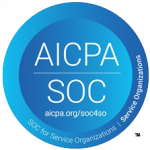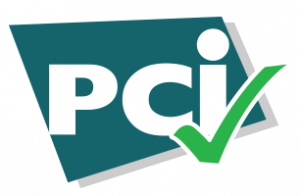Things are always changing in the collection industry. If your collections department is planning ahead for 2017, here are some federal and state legislative items to keep in mind.
Donald J. Trump
The President-Elect will be in office shortly and it’s anticipated that while the Dodd-Frank Act is not going to be rescinded entirely, it will be weakened from its hyper-regulatory state. Even still, the CFPB will likely submit rules to the collection industry prior to any changes taking place to the Dodd-Frank act. We can anticipate the new rules will be forthcoming shortly.
ACA International, Chamber of Commerce v FCC
This case was argued October 19, so we may see a decision on it shortly. ACA International argued that under the current opinion of the FCC, the definition of an autodialer is too broad as every smartphone can technically be considered an autodialing device.
California A.B. 2251
Starting on July 18, 2018, student loan services will be required to submit criminal checks to the state for licensure. Also under this law, upon receipt of a payment-related dispute, the service shall not report to credit reporting agencies for a 60-day period.
Tax Collections
Private collections agencies will begin collecting for the IRS in the Spring of 2017. This should be interesting.
Credit Reporting on Medical Debt
Many of the points below (from a CBS Money News article) will be coming to fruition in the 2017 year, as CRA’s are required to comply with the tenets of a class action within three years and nine months of the day of a class action suit.
- Each credit bureau must notify the other bureaus if it finds a mixed file.
- Credit reporting agencies and data furnishers must use a more detailed system for sharing information.
- Data furnishers cannot add information about fines or tickets to credit reports.
- Credit bureaus must wait 180 days from the time medical debt is reported to add the account to a credit report, allowing consumers time to address the bill with their insurance and care provider.
- Debt collectors must provide the original creditor’s name and details of the debt before an account can appear on a credit report.
- Consumers who succeeded in disputing an item on their credit reports can get an additional free credit reports from the bureaus.
- The bureaus must also increase their efforts to educate consumers about their access to free credit reports, while also minimizing marketing of paid products to consumers trying to access free information.
Not sure about what this means for your company’s collection efforts? Contact us for help.






